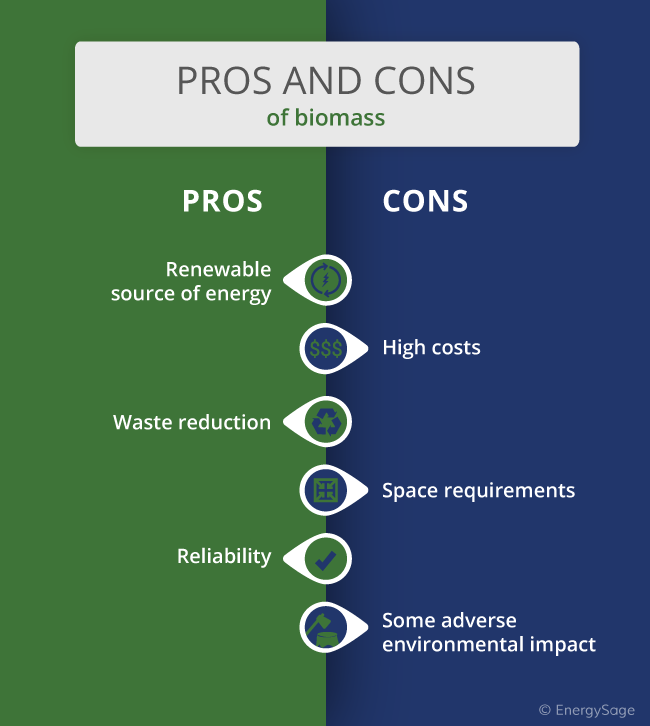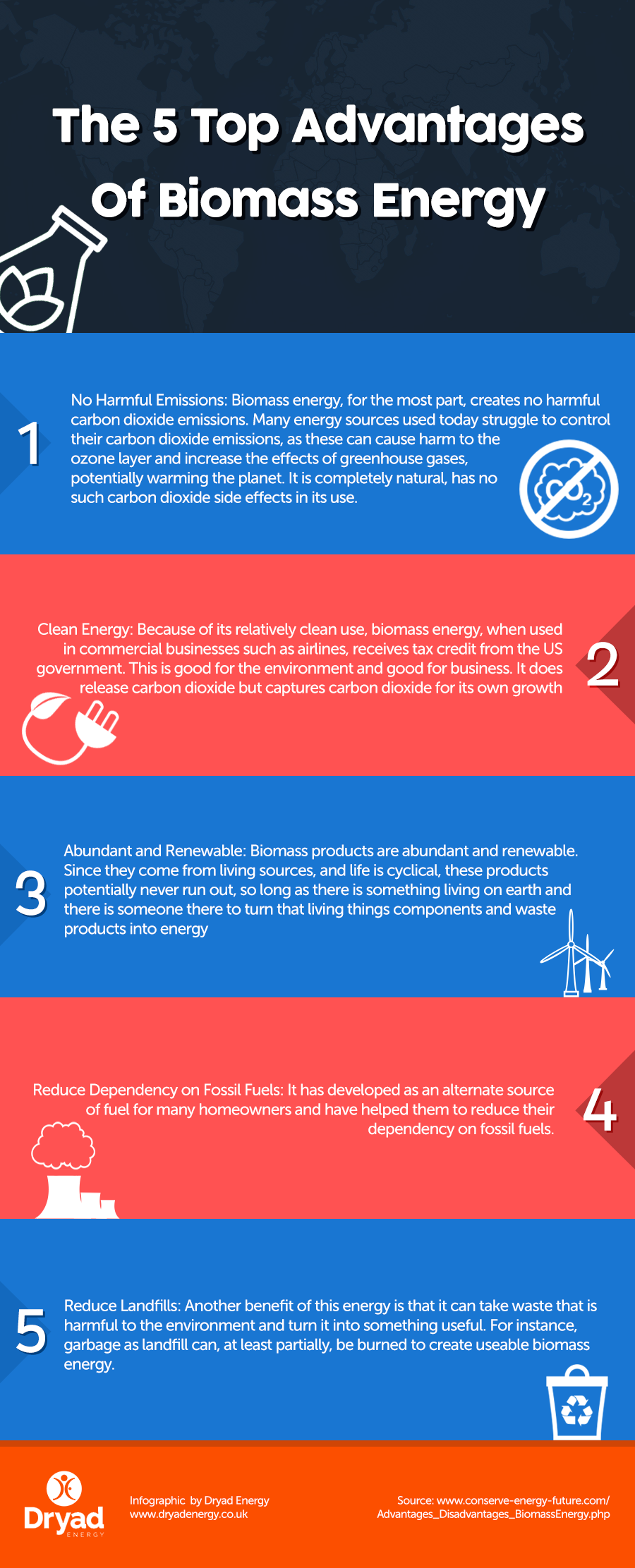Pinned Post
what are advantages of biomass energy
- Get link
- X
- Other Apps
Waste To Energy Programs 101: Should Governments Implement Them?
1. What are waste to energy programs?
Waste to energy programs are initiatives that aim to convert waste materials into usable energy sources. These programs utilize various technologies, such as incineration, gasification, and anaerobic digestion, to generate electricity, heat, or fuel from waste materials.
- Incineration: This process involves burning waste at high temperatures, converting it into heat or steam, which can be used to generate electricity.
- Gasification: In gasification, waste materials are heated in a low-oxygen environment, producing synthetic gas (syngas) that can be used to generate electricity or produce biofuels.
- Anaerobic digestion: This process involves breaking down organic waste materials in the absence of oxygen, producing biogas that can be used for electricity or fuel production.

2. Why should governments consider implementing waste to energy programs?
Governments should consider implementing waste to energy programs due to several reasons:
- Environmental benefits: Waste to energy programs help reduce the amount of waste sent to landfills, minimizing greenhouse gas emissions and pollution.
- Energy generation: These programs provide a source of renewable energy, reducing dependence on fossil fuels and promoting sustainability.
- Waste management solution: By converting waste into energy, these programs help solve the problem of waste accumulation and disposal.
- Job creation: The implementation of waste to energy programs creates job opportunities in the renewable energy sector, promoting economic growth.
3. What are the advantages of biomass energy?
Biomass energy refers to energy derived from organic materials, such as plants, agricultural waste, and wood. The advantages of biomass energy include:
- Renewable and sustainable: Biomass is a renewable energy source that can be replenished through natural processes.
- Reduced carbon emissions: Biomass energy releases significantly less carbon dioxide compared to fossil fuels, making it a cleaner alternative.
- Waste utilization: Biomass energy allows for the efficient use of organic waste materials that would otherwise end up in landfills.
- Diverse applications: Biomass energy can be used for electricity generation, heating, and even as a feedstock for producing biofuels.

4. How does waste to energy technology work?
Waste to energy technology involves several key steps:
- Collection and preprocessing: Waste materials are collected and sorted to remove non-combustible or hazardous materials. The waste is then preprocessed to prepare it for combustion or conversion.
- Combustion or conversion: The waste is either incinerated at high temperatures to generate heat, which can then be used to produce electricity, or it is converted into synthetic gas or biogas through gasification or anaerobic digestion processes.
- Energy generation: The heat or synthetic gas produced is used to generate electricity in steam turbines or gas engines.
- Emission control: Advanced air pollution control systems are used to minimize and treat emissions, ensuring compliance with environmental regulations.
5. What are the challenges of implementing waste to energy programs?
While waste to energy programs offer significant benefits, there are also challenges associated with their implementation:
- High capital costs: Establishing waste to energy facilities requires substantial initial investments in infrastructure and equipment.
- Regulatory complexities: Ensuring compliance with environmental regulations and obtaining necessary permits can be a complex process.
- Public perception and acceptance: Waste to energy facilities can face opposition from communities concerned about emissions, noise, or potential environmental impacts.
- Availability and quality of waste feedstock: The consistent supply of suitable waste materials for energy conversion may pose challenges.
6. Are waste to energy programs sustainable in the long run?
Waste to energy programs can be sustainable in the long run if they are properly planned, managed, and monitored. To ensure sustainability:
- Efficient waste management practices are essential to minimize waste generation and maximize recycling and reuse efforts.
- Technological advancements should focus on increasing energy efficiency and reducing emissions.
- Policies and regulations should promote the appropriate use of waste to energy technologies while addressing potential environmental and social concerns.
7. How do waste to energy programs contribute to waste reduction?
Waste to energy programs contribute to waste reduction by diverting significant amounts of waste from landfills. Instead of being disposed of in landfills, waste materials are converted into energy through combustion, gasification, or anaerobic digestion processes. This significantly reduces the volume of waste that requires landfill disposal, helping to prolong the lifespan of existing landfill sites and reducing the need for new landfill construction.
8. Are waste to energy programs economically viable?
Waste to energy programs can be economically viable when properly planned and managed. Some factors that contribute to their economic viability include:
- Energy pricing and incentives: Favorable energy pricing and government incentives can make waste to energy programs financially attractive, helping to offset the initial capital costs.
- Revenue generation: Waste to energy facilities can generate revenue through the sale of electricity, heat, or biofuels produced from waste materials.
- Job creation: Waste to energy programs create job opportunities in the renewable energy sector, contributing to economic growth and development.
- Reduction in waste management costs: By converting waste into energy, these programs can help reduce the costs associated with waste disposal and management.
9. How does waste to energy compare to recycling?
Waste to energy and recycling are both important waste management strategies, but they serve different purposes:
- Waste to energy: Waste to energy programs focus on utilizing waste materials to generate energy through combustion, gasification, or anaerobic digestion. These programs help reduce the volume of waste sent to landfills and generate renewable energy.
- Recycling: Recycling involves collecting and processing waste materials to produce new materials or products. It aims to conserve resources, reduce energy consumption, and minimize the environmental impact associated with the extraction and production of raw materials.
Both waste to energy and recycling play crucial roles in sustainable waste management, and a combination of these approaches is often necessary to effectively address the diverse range of waste materials produced.
10. Are there any potential environmental concerns with waste to energy programs?
While waste to energy programs can have significant environmental benefits, there are potential concerns that need to be addressed:
- Emissions: Combustion-based waste to energy technologies can release pollutants, such as particulate matter, nitrogen oxides, and sulfur oxides. Advanced air pollution control systems are required to minimize these emissions.
- Ash and residue management: Waste incineration and gasification processes generate ash and residues that may contain toxic substances. Proper management and disposal of these byproducts are essential to prevent environmental contamination.
- Ecological impacts: The sourcing of waste feedstock for the energy conversion processes should be carefully managed to avoid negative ecological impacts, such as overexploitation of natural resources or disruption to ecosystems.
- Public health concerns: Potential risks associated with emissions from waste to energy facilities need to be assessed and monitored to ensure the protection of public health and wellbeing.
11. How can waste to energy programs contribute to a circular economy?
Waste to energy programs can contribute to a circular economy by closing the loop on waste management processes:
- Reducing waste: Waste to energy programs help divert waste from landfills and promote a more sustainable approach to waste management.
- Generating energy: By converting waste materials into energy, these programs contribute to the production of renewable energy, reducing reliance on non-renewable fossil fuels.
- Recovery of resources: Some waste to energy technologies allow for the recovery of valuable resources, such as metals, during the combustion or conversion processes.
- Reducing environmental impact: By minimizing pollution and greenhouse gas emissions, waste to energy programs help minimize the environmental impact associated with waste disposal.
12. How can communities participate in waste to energy initiatives?
Communities can participate in waste to energy initiatives in several ways:
- Support and engagement: Communities can support and engage with local waste to energy programs by staying informed, attending public consultations, and providing feedback to ensure that their concerns and interests are addressed.
- Separation and recycling: Proper waste separation and participation in recycling programs help maximize the efficiency of waste to energy initiatives by ensuring that only suitable waste materials are sent for energy conversion.
- Education and awareness: Raising awareness about the benefits and importance of waste to energy programs can encourage community participation and understanding of their role in sustainable waste management.
- Advocacy and collaboration: Community organizations and individuals can advocate for the implementation of waste to energy programs and collaborate with local governments, industry stakeholders, and environmental organizations to promote their benefits.
Overall, Waste To Energy Programs and Biomass Energy: Advantages and Implementation
Waste to energy programs offer a promising solution to waste management challenges while simultaneously promoting renewable energy generation. By converting waste into valuable resources such as electricity, heat, and fuel, these programs contribute to sustainable development and environmental stewardship.
Similarly, biomass energy derived from organic materials presents numerous advantages, including its renewable nature, reduced carbon emissions, and waste utilization capabilities.
However, the implementation of waste to energy programs requires careful consideration of technological, economic, and environmental factors. Collaborative efforts between governments, industry, and communities are crucial for the success of these initiatives.
As waste management practices evolve and global energy needs continue to rise, waste to energy programs and biomass energy can play an essential role in fostering a more circular economy and reducing reliance on fossil fuels.
- Get link
- X
- Other Apps
Comments
Post a Comment